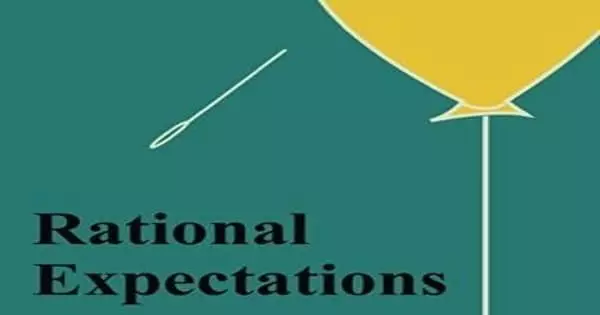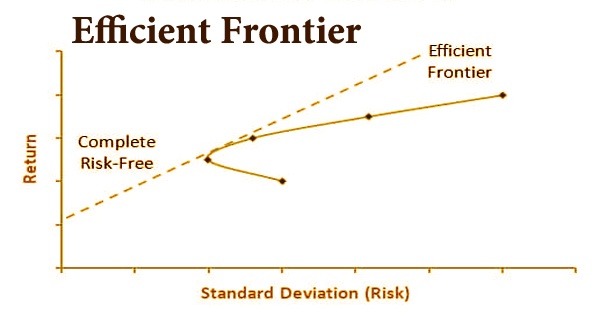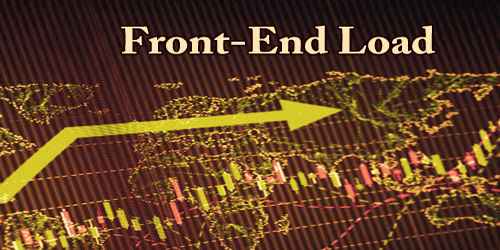A rational expectation is an economic theory that states that people make decisions based on the best available market information and learn from past trends. In economics, “rational expectations” are model-consistent expectations in which agents within the model are assumed to “know the model” and accept the model’s predictions on average. These imply that people will make mistakes from time to time, but that on average, they will be correct. John F. Muth, an American economist, pioneered the concept of rational expectations in 1961. However, economists Robert Lucas and T. Sargent popularized it in the 1970s and it became widely used in microeconomics as part of the new classical revolution.
Economists who believe in rational expectations do so on the basis of the standard economic assumption that people act in ways that maximize their utility or profits. In models with uncertainty, rational expectations ensure internal consistency. Economists have used the concept of rational expectations to understand a wide range of situations in which future speculation is a key factor in determining current action. To achieve consistency within a model, the model’s predictions of future values of economically relevant variables are assumed to be the same as those of the model’s decision-makers, given their information set, the nature of the random processes involved, and the model structure. The rational expectations version of the permanent income model has been extensively tested, with encouraging results. Many modern macroeconomic models, in particular, make use of the rational expectations assumption.
Rational expectations is an economic theory that holds that when making financial decisions, investors use all available information about the economy and economic policy and will always act in their best interests. Because most macroeconomic models today study decisions under uncertainty and over long time horizons, the expectations of individuals, firms, and government institutions about future economic conditions are an important component of the model. To assume rational expectations is to believe that, while agents’ expectations may be incorrect at times, they are correct on average over time. In other words, while the future is not completely predictable, agents’ expectations are assumed not to be systematically biased, and they collectively use all relevant information in forming expectations of economic variables. This method of modeling expectations was first proposed by John F. Muth (1961), and it later gained traction when it was used in macroeconomics by Robert Lucas Jr.
The rational expectations theory is a widely used concept and modeling technique in macroeconomics. As a result, it is critical to distinguish between the rational-expectations assumption and the assumption of individual rationality, and to recognize that the former does not imply the latter. Individuals make decisions based on three primary factors, according to the theory: their human rationality, the information available to them, and their past experiences. In dynamic models, rational expectations are an assumption of aggregate consistency. In contrast, rational choice theory investigates individual decision making and is widely applied in fields such as game theory and contract theory. According to the theory, people’s current expectations of the economy can influence what the economy will become in the future.
















